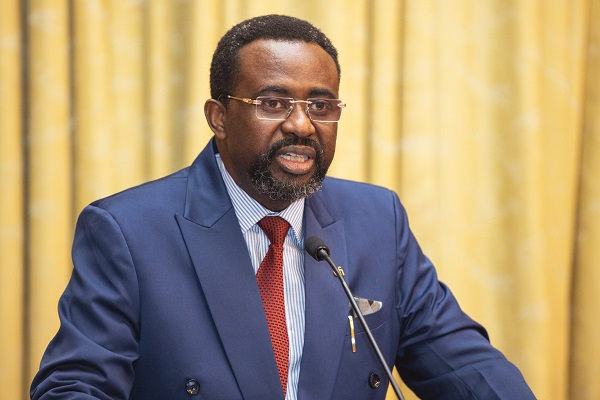The Financial Stability Advisory Council (FSC), established by an Executive Instrument in accordance with Article 58 of the Constitution has convened its 22nd Council meeting on 9th June 2025. This meeting also marked the maiden session of the Council following its recent reconstitution.
The reconstituted Council comprises the following members: Dr. Johnson Pandit Asiama – Governor of the Bank of Ghana (Chairman), Matilda Asante-Asiedu – Deputy Governor of the Bank of Ghana (Financial Stability), Thomas Nyarko Ampem – Deputy Minister of Finance (Financial Sector) and Dr. Abiba Zakariah –Acting Commissioner, National Insurance Commission.
The rest are: Dr. James Klutse Avedzi –Acting Director-General, Securities and Exchange Commission, Christopher Boadi-Mensah – Chief Executive Officer, National Pensions Regulatory Authority; and Galahad Alex Andoh – Acting Chief Executive Officer, Ghana Deposit Protection Corporation.
At its maiden meeting, the Council deliberated key issues of relevance to the promotion and sustainability of Ghana’s financial sector stability, including: Progress on the rebuilding of buffers to sustain recovery of the financial sector; Update on ongoing initiatives to address the legacy issues within the financial sector; and Strategic plans to further strengthen the work of the Council in promoting the resilience of the financial sector.
The Council reaffirmed its commitment to safeguarding Ghana’s financial system through enhanced collaboration among member institutions. It also emphasized the importance of proactive oversight and coordinated action to ensure a stable, inclusive, and robust financial sector.
The Council Chair emphasized the importance of fostering a sound, stable and innovative financial sector that supports the real sector of the economy in promoting sustainable economic growth.
Established in 2018, the FSC is mandated to promote the stability and resilience of Ghana’s financial system. Its core functions are centred around three pillars: coordinating financial sector regulation and supervision, identifying, and mitigating systemic risks, and enhancing crisis preparedness. The Council is supported by a Technical Committee which oversees the work of the three Working Groups focused on the above three pillars.





































